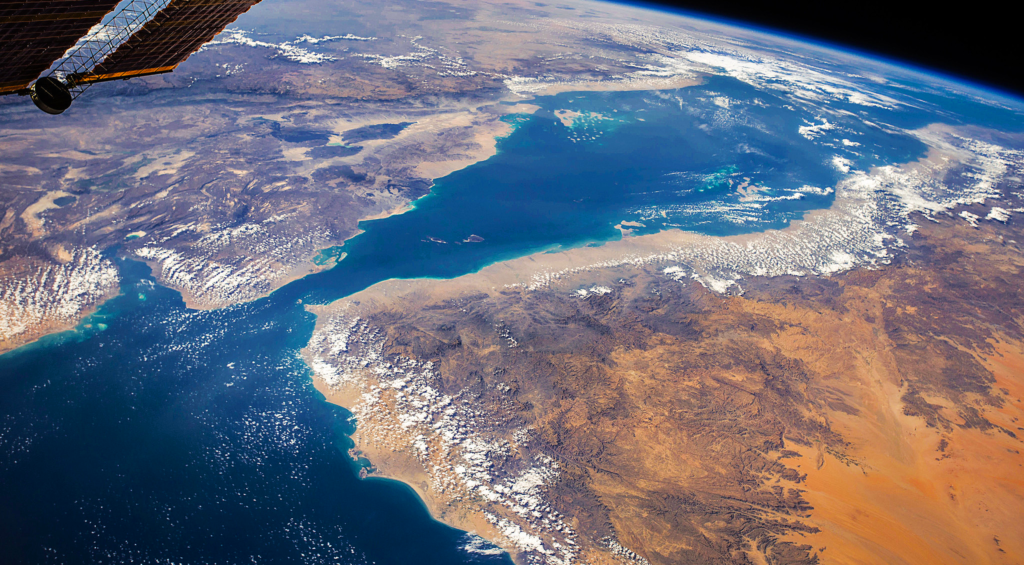
In a bid to harness the vast potential lying within their coastal waters, African nations are turning their attention to the concept of the “blue economy.” This strategic approach prioritizes the sustainable utilization of ocean resources to foster economic prosperity, social equity, and environmental preservation.
The blue economy model emphasizes the responsible exploitation of marine resources, such as fisheries, aquaculture, renewable energy, tourism, and maritime transport, with the overarching goal of achieving long-term economic growth while safeguarding ocean ecosystems.
Across the continent, countries are increasingly recognizing the significance of their maritime assets and the critical role they play in driving economic development. By leveraging their coastal resources, African nations aim to not only stimulate economic growth but also enhance social inclusion and ensure environmental sustainability.
Several factors have propelled the adoption of the blue economy agenda in Africa. The continent boasts an extensive coastline spanning over 30,000 kilometers, rich marine biodiversity, and abundant natural resources. Moreover, the ocean contributes significantly to Africa’s economy, supporting millions of livelihoods through fisheries, tourism, and trade.
Furthermore, with the increasing threats posed by climate change, pollution, overfishing, and habitat degradation, African countries are acknowledging the urgent need for sustainable management practices to mitigate these challenges and preserve marine ecosystems for future generations.
In recent years, various initiatives and policies have been launched to promote the blue economy across the continent. The African Union’s Agenda 2063 and the African Union’s Blue Economy Strategy are notable examples, aiming to integrate maritime sectors into national development plans and foster regional cooperation for sustainable ocean governance.
Moreover, countries like Seychelles, Mauritius, Kenya, and South Africa have emerged as pioneers in advancing the blue economy agenda, implementing strategies to promote marine conservation, sustainable fisheries management, marine spatial planning, and the development of marine-based industries.
Through partnerships with international organizations, development agencies, and private sector stakeholders, African nations are working to unlock the economic potential of their marine resources while ensuring responsible stewardship of their oceanic heritage.
As the blue economy gains momentum across Africa, governments, businesses, and civil society are collaboratively striving to realize a future where economic prosperity goes hand in hand with environmental sustainability, social equity, and the well-being of coastal communities.




